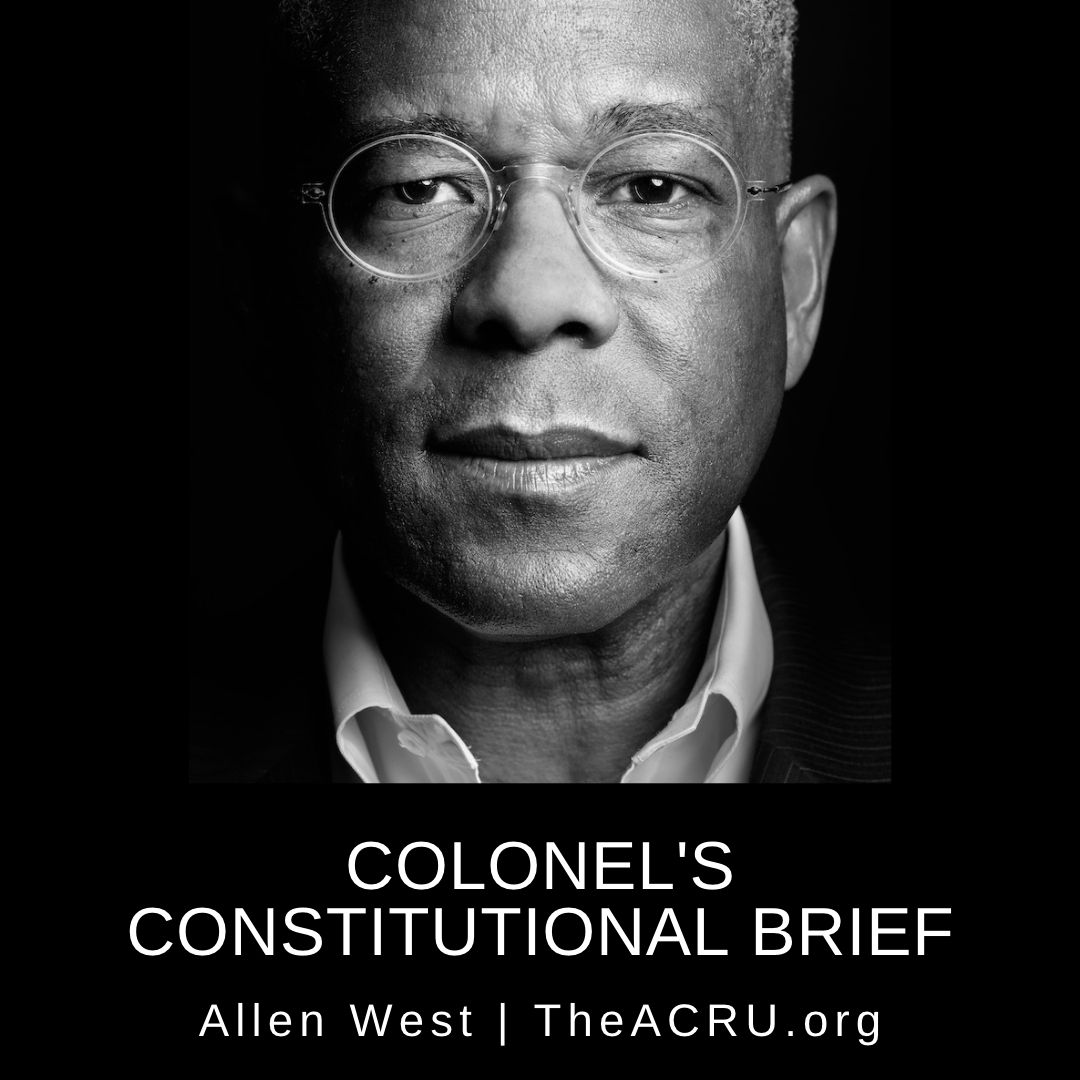
A Dictionary for the Politically Incorrect (cont'd)
ACRU Staff
April 29, 2007
There’s been a terrific response to the Dictionary for the Politically Incorrect. Many of the comments show that our readers have had considerable experience with the pseudo-language of liberalism. I say “pseudo-language” advisedly, because that’s exactly what it is: The vocabulary of liberalism increasingly consists of a bunch of words from which any fixed meaning has been drained. Thus, to take but one current example, “follow a new direction in Iraq” actually means “surrender and go home,” but liberals know the electorate is unlikely to buy this outcome if stated for what it is, so it has to be called something else. Hence the invention of pseudo-language.
This is the most fundamental, and most insidious, danger of the spread of the politically correct vocabulary: It’s not merely dishonest, although that would be bad enough. It’s that it makes serious debate — indeed, it makes communication itself — impossible. When words have no fixed meaning, speech becomes an anachronism. And that, even more than disguising unmarketable outcomes, is the real destination of liberalspeak. After language no longer conveys meaning, meaning will still get conveyed, only by something else. The something else will range from hecktoring, at best, to flat-out coercion at worst. And this is, in fact, what is starting to happen. From forcing your kid into sensitivity class if he says in school that homosexuality is immoral, to the escalating vandalism against campaign workers for conservative candidates, the replacement of persuasion by intimidation is already underway.
But the ACRU will continue to fight back. And in that spirit, let me offer a few more entries to the Dictionary for the Politically Incorrect:
At-risk child – An at-risk child is a 200-pound 17 year-old whose first five trips to juvenile hall had the usual effect — namely none — and who now is coming after you with a switchblade, most assuredly putting you at risk.
Diplomacy – Talk backed up by nothing.
Judgmentalism – The capacity to form moral judgments, this being the principal quality that gives human beings an advantage over orangutans, who after all are a good deal stronger. Nonetheless, judgmentalism is a bad thing, because the formation of judgments implies that one might correctly conclude that some ways of behaving are better than others. See “tolerance.” The upshot is that only “non-judgmentalism” is an acceptable outlook on life — with the caveat that non-judgmentalism is subject to cancellation without notice when the subject is Bush, Cheney, Rumsfeld, Wolfowitz, Alberto Gonzales, anyone invovled with the imprisonment of terrorists at Guantanamo, and of course the Duke lacrosse team.
Torture – Asking a terrorist what his next plan for mass murder consists of, and doing it in conditions where there is at least some chance he’ll think you’d like an answer. Such conditions might include, for example, being held in an uncomfortably cold (or hot) cell, having to stand for long periods of time, being exposed to loud and unpleasant sounds, or having to sit in stress positions. None of this very closely resembles what used to be thought of as “torture,” e.g., having your fingernails ripped out, being fed feet-first into the woodchipper, or being held in a dog cage while your captors ready their swords to cut your head off. But this latter collection of techniques apparently no longer qualifies as “torture,” being the province of the terrorists rather than those who seek to stop them. See “judgmentalism, exceptions thereto,” supra.
JOIN ACRU's PATRIOT CLUB





